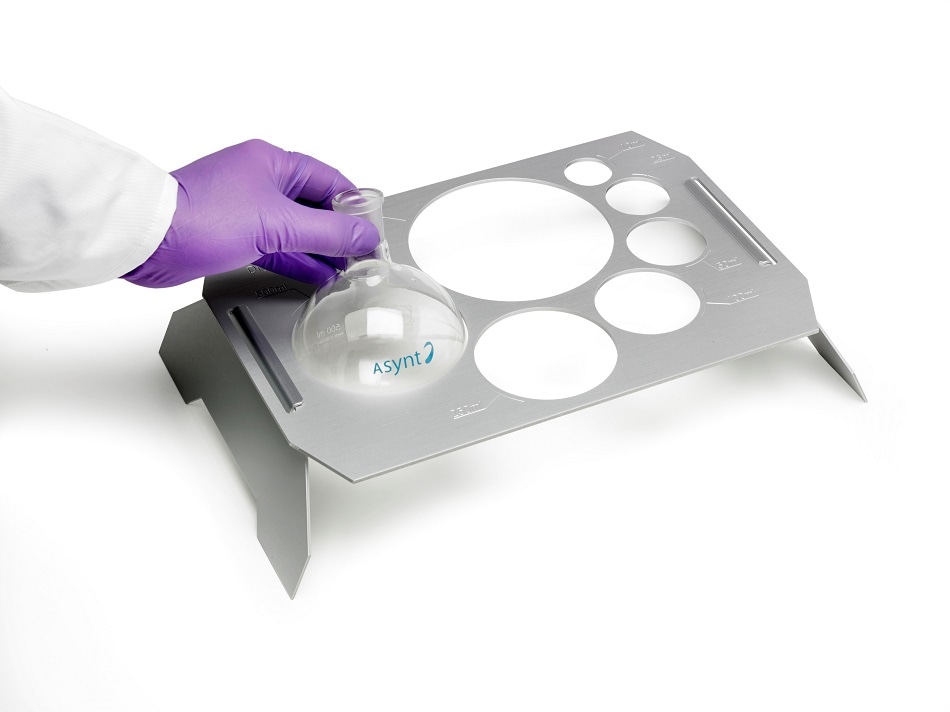Feb 28 2020

Asynt announce an updated 2020 version of its popular best practice guide for safely using laboratory heating blocks.
Used by laboratory scientists worldwide, when utilised properly, heating blocks provide a safe, convenient and productive tool for heating round bottomed flasks, tubes and vials. Typically used in combination with a standard hotplate stirrer - heating blocks are proven to provide superior heat-conducting properties compared to oil baths. They also pose a far lower fire risk and their use makes the clean-up of glassware far easier as there is no residual oil contamination on the outside of the reaction vessel. Today it is widely acknowledged that heating blocks can not only accelerate your chemical reactions - but also ensure that you can work in a safer, cleaner, healthier working environment.
Our original best practice guide was written in conjunction with internationally respected experts from the Department of Chemistry, University of St Andrews and Advanced Chemical Safety Inc. The 2020 Laboratory Heating Blocks - Best Practice Guide has been updated with new improved illustrations and technical data to lead you through best practices for glassware inspection, setting up your reaction, heating your reaction and the post-reaction cool down phase.
Dr Ffion McKeague, Technology Manager, Asynt
To download a copy of the Laboratory Heating Blocks – Best Practice Guide (2020) please visit https://www.asynt.com/product/best-practice-guide/